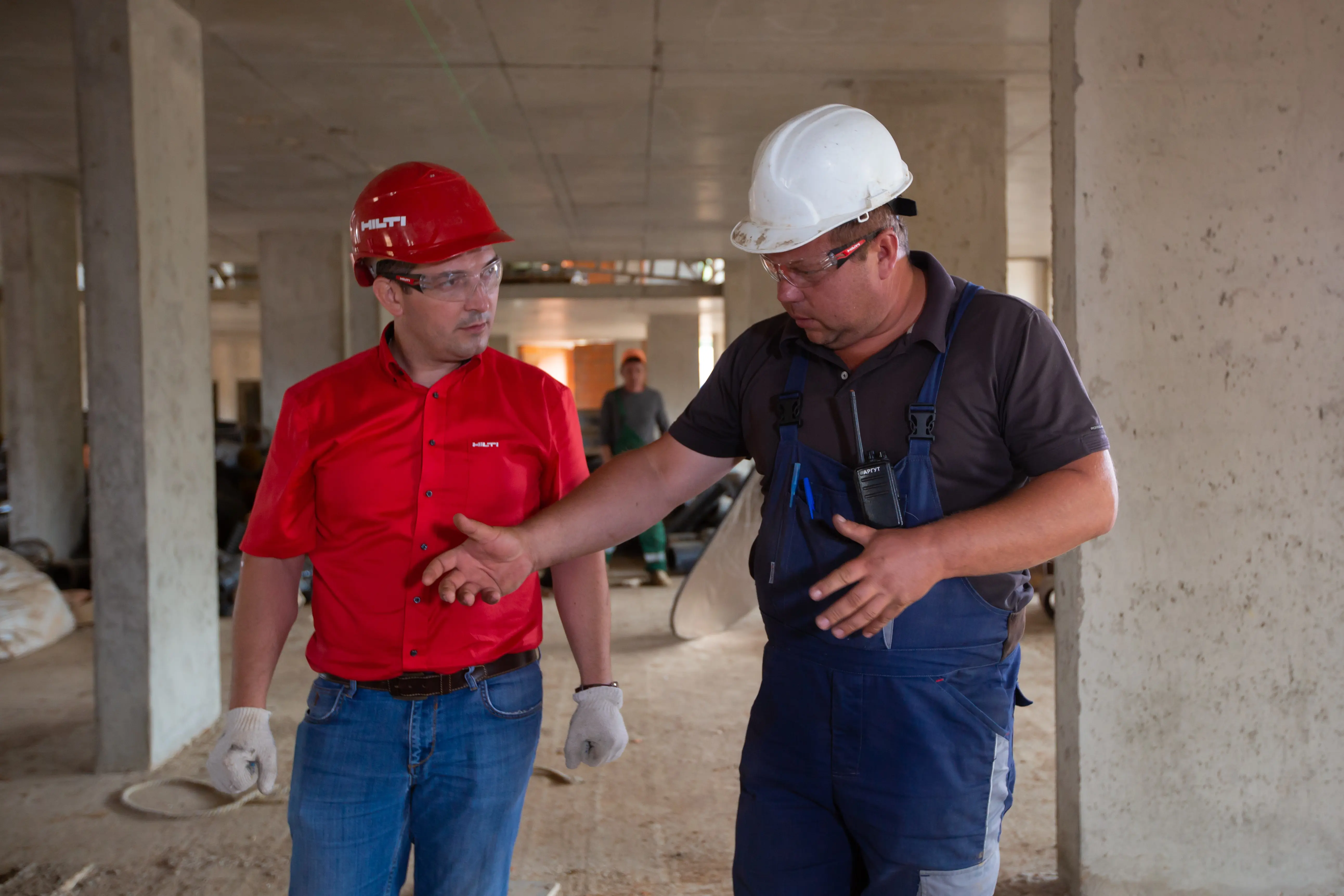 Free delivery on orders over £75 ex VAT
Free delivery on orders over £75 ex VAT Free click & collect from branches nationwide
Free click & collect from branches nationwideEven the most experienced, battle-hardened professional tradespeople are filled with dread upon hearing two simple words:
Planning permission.
We’ve all heard the horror stories. Our minds begin racing with thoughts of pages upon pages of paperwork, endless guidelines and restrictions, and mind-numbing delays that could add days, weeks, months, or even years to a project that was supposed to be oh-so-simple.
This insidious reputation means plumbing apprentices are saddened to discover that planning permission is not only a requirement for construction work, but also for many plumbing jobs, too.
It’s not all doom and gloom though. Gaining planning permission for plumbing work is completely free, and most of the time, a quick and painless process – as long as you know what you’re doing.
Take it from us – obtaining planning permission for plumbing projects really isn’t as bad as those two scary words may suggest. To prove it, we’ve put together a short guide containing everything you need to know in order to understand and demystify the process. Keep reading to learn what your planning permission rights are, whether your project needs planning permission, and discover the quickest ways to obtain it.
What is Planning Permission for Plumbing?
Planning permission for plumbing projects mostly consists of the Water Supply Regulations, which are put in place to ensure drinking water supplies remain healthy and safe. This means certain plumbing projects will require approval from local water suppliers before they are undertaken.
Once your claim has been submitted, local water suppliers will then approve or deny the project based on whether or not it could affect the safety of the water supply.
It’s important to note that the owner, occupier, plumber, or installer must follow the water supply regulations, and notify the relevant water supplier before any work begins. If the occupier or owner doesn’t gain permission, the duty rests fully with the plumber or installer.
Failing to obtain planning permission for plumbing projects can result in legal action or prosecution.
Which Plumbing Projects Require Planning Permission?
Planning permission for plumbing projects is applicable to both commercial and domestic jobs - for both new and existing properties. It can be required even when planning small, everyday projects – such as certain types of bidets, baths, or garden watering systems.
Popular projects that require planning permission include:
· Any new houses, properties, or other structures – for example, installing a bathroom in a summer house
· Fitting a bidet that uses a flexible hose or an upward spray
· Installing water systems that are more than 1350mm or less than 750mm below ground
· Installing pumps or boosters than draw over 12 litres of water per minute
· Setting up garden watering systems that aren’t operated by hand
· Fitting reverse osmosis units
· Installing ponds or swimming pools that exceed 10,000 litres
· Installing water treatment systems that produce wastewater
· Setting up rainwater harvesting systems
· Using reduced pressure zone valves
· Extending or changing the water system on commercial buildings

This is certainly not an exhaustive list, and Scotland and Northern Ireland enforce additional requirements in order to meet safety standards. As a rule of thumb, if you’re not sure, get in touch with your local water supplier.
How to Get Approval for Plumbing Projects
Fortunately, obtaining planning permission for plumbing projects is not as tedious as it sounds. Check with your local supplier, but most water suppliers only require:
· Your (the installer/contractor) name and address
· The name, address, and contact information of the person who owns the property
· The location of the project
· A description of the work being carried out
Depending on the work being done, some suppliers may ask for a list of water fittings. They will also ask for evidence of compliance with water supply regulations.
If you’re a plumber who’s been approved by the UK WaterSafe body, there are some jobs you can undertake without having to notify local water suppliers. Being certified means you’re trained to meet the strict regulations for installing fittings and pipes. In this case, you can issue certificates stating that your work meets safety regulations.
When Can I Start My Project?
Once you’ve submitted your proposal, most water suppliers will grant permission to begin work within 10 working days. Once permission has been granted, and no further checks are required, you can begin work immediately.
Even if you’re a fully certified plumber, we can’t stress enough how important it is to ensure every project meets the regulations. Time and time again, we’ve seen plumbers who take shortcuts end up having to make costly changes, or worse, face prosecution.

For further guidance and advice, including the best ways to plan and deliver on any kind of plumbing project, feel free to get in touch with one of our experts.
Don’t forget to visit our other blogs for more industry news, guides, and insights.
Other articles

How to become a renewable energy engineer
03 Mar 2022 ・ 7 mins

How to protect your van from break-ins and tool theft
29 Mar 2022 ・ 7 mins

